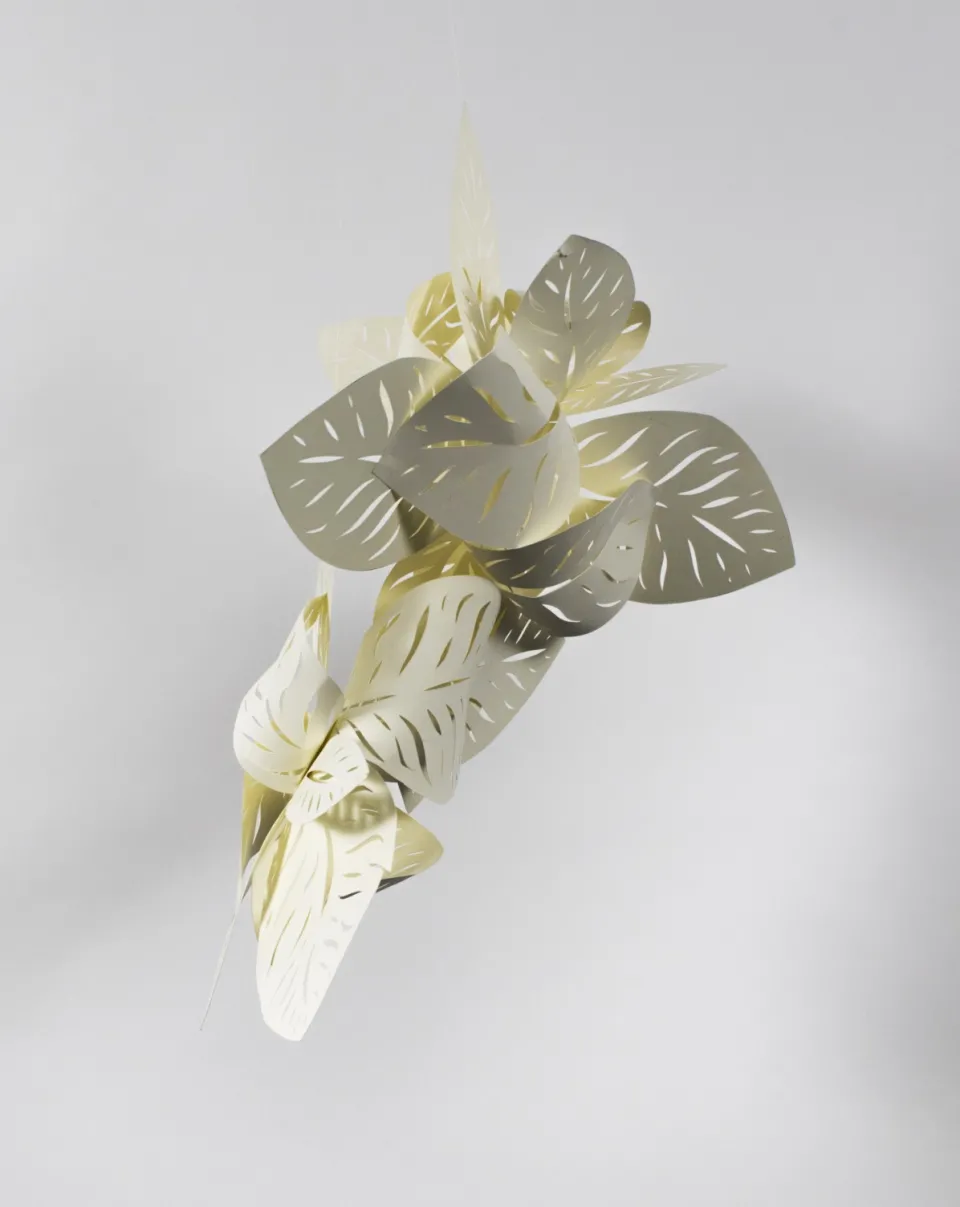Faculty
The botanic garden is the living laboratory for a variety of courses as well as numerous research projects. Students have valuable and exciting opportunities to work directly with living plants as part of their academic studies. All departments and students are encouraged to incorporate the campus landscape and our collection of living plants into your studies. Let us know how we can help you.
Ways to Engage
The botanic garden offers both guided and unguided experiences in the greenhouses and gardens on a first-come, first-served basis. To arrange a visit, please fill out the form or email our administrative assistant at garden@smith.edu to get connected to the appropriate staff member. We ask that faculty schedule guided visits at least four weeks in advance and unguided visits at least two weeks in advance.
For art or writing activities, the botanic garden offers stools, clipboards and pencils upon request.
Botanic garden staff teach on a range of themes related to botanical studies. A sampling of topics include: plant form and function, the history of plant collecting, understanding botanic gardens as living museums, medicinal and economically important plants, and landscape and garden management. To discuss opportunities for engaging your classes with the botanic garden please email garden@smith.edu to get connected with the appropriate staff member.
Explore our database or email garden@smith.edu for more information on how to sample from our collections.
The botanic garden is frequently looking to collaborate with students and faculty on course projects that work in support of our mission to foster environmental and social justice through teaching and learning about plants, people and place. As a publicly accessible botanic garden, students have the unique opportunity for experiential learning.
